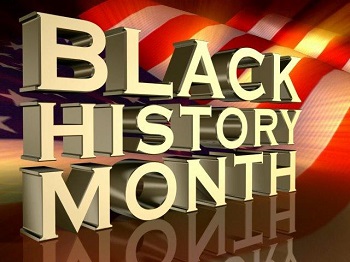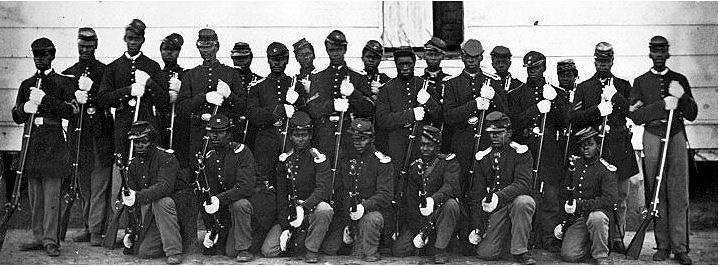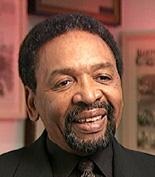


By Dr. Frank Smith Jr. (TriceEdneyWire.com)
Editor’s Note: The Association for the Study of African American Life and History, which promotes, preserves and researches the history and culture of African Americans, set the annual 2011 Black History Month theme as “African Americans and the Civil War.” This is the first in a four-part series on the theme.
For White America — both North and South — the firing on Fort Sumter April 12, 1861, was a cause for tribulation and anxiety. But, for free and enslaved Black Americans, the onset of the Civil War was a cause for celebration and a time for jubilee.
The Northern press fretted over whether the union could be saved. The Southern press railed on about the threat to the demise of the South’s “Peculiar Institutions” – slavery – while the Black Press rejoiced in headlines such as, “The Coming Hour,” and declared for “Emancipation or Extermination.” Yes, there were Black newspapers during slavery — since March 16, 1827.
The Weekly Anglo-African, on April 13, 1861, heralded: “Better be a DEAD MAN, than a live slave! Better to die fighting, than to live to breed children for the shambles! Death slays only the body; the spirit, [disenthralled], will pass on, working out its immortal destiny. Rather say we, ‘Ten Reigns of Terror’ than one year of bondage! Better a thousand guillotines, than one fugitive returned. ‘Let the Union go to pieces, if the slaves go free.'”
Black leaders faced the reality and inevitability of the consequence of the coming sectional conflict with resolution, while White leaders were in denial of the union’s transformation and the certain demise in the preservation of slavery. Frederick Douglass editorialized in his Douglass Monthly in May, 1861, just one month after the start of the war: “God be praised! That it has come at last. We should have been glad if the North, of its own proper virtue, had given this quietis to doubt and vacillation.
“She [the Union], did not do it, and perhaps it is best that she [the Union], did not. What her negative wisdom withheld, has now come to us through the vengeance and rashness of slaveholders. Another instance of the wrath of man working out the purposes in praise of eternal goodness!”
Free and enslaved Blacks transformed a Civil War for reunion into a war for liberation. It would take five years of fratricidal conflict for White America to arrive at the meaning of the war that was clear to Black America at its beginning — the reaffirmation of the founding universal human principle of America that all men are created equal. “This [the Civil War] is but another step
